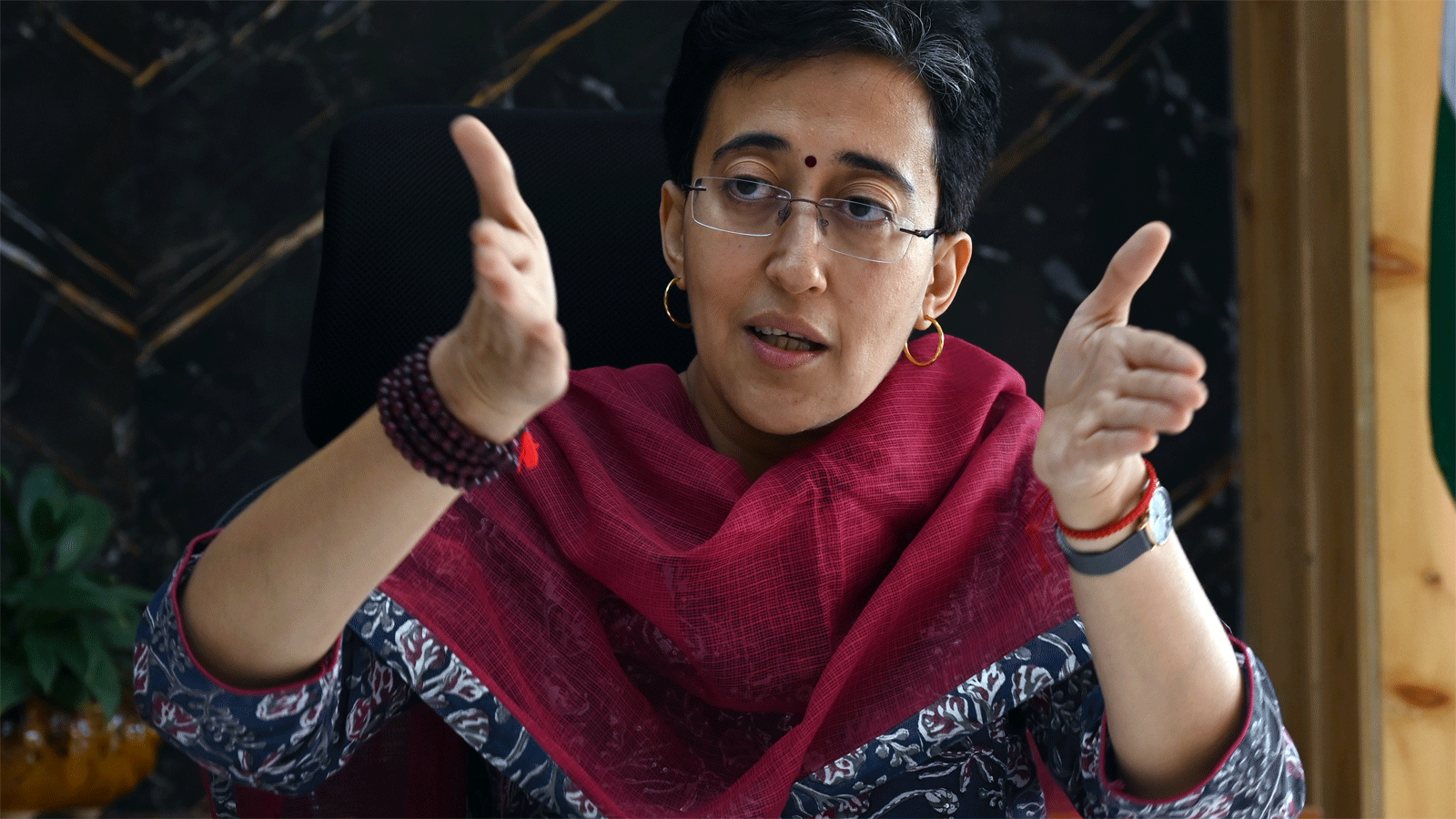Delhi’s Education Budget Comparison
The Delhi government’s commitment to bolstering the education sector remained evident in both the 2023 and 2024 budgets, albeit with some variations. In 2023, under the stewardship of Finance Minister Kailash Gahlot, the education sector received an allocation of Rs 16,575 crore, a marginal increase from the previous year. Although this amount reflected a nominal rise of Rs 298 crore, the budget underscored the government’s unwavering focus on educational development.
Atishi Marlena’s Education Budget Analysis
Contrastingly, the 2024 budget, presented by Finance Minister Atishi Marlena, saw a slight decrease in the allocation for education, with Rs 16,396 crore earmarked for the sector. Despite this reduction, Atishi emphasized the government’s relentless pursuit of enhancing the quality of education in Delhi. She lauded the transformative initiatives undertaken by the Kejriwal-led administration, heralding a new era of educational reform.
Educational Approaches in Budgets Comparison
While both budgets underscored the importance of investing in education, they diverged in their approaches and key announcements. In 2023, the focus was on bolstering educational infrastructure, with proposals to distribute tablets and computers to schools and establish new Dr. BR Ambedkar Schools of Specialised Excellence. Additionally, innovative programs like ‘Schools of Applied Learning’ aimed to bridge the gap between education and industry requirements.
2024 Budget: Prioritizing Education Reforms
In contrast, the 2024 budget prioritized consolidating past achievements and scaling up existing initiatives. Atishi reiterated the government’s commitment to overhauling government schools, citing significant improvements in student outcomes. The budget allocated funds for the recruitment and training of teachers, recognizing their pivotal role in shaping the future of education in Delhi.
Atishi’s Agenda for Education Enhancement
Furthermore, the 2024 budget encompassed broader social welfare measures, such as the ‘Mukhyamantri Mahila Samman Yojana,’ reflecting the government’s holistic approach to governance. While the allocation for education witnessed a marginal decrease, investments in healthcare and women’s welfare underscored the government’s commitment to inclusive development.
Conclusion
In conclusion, while the 2023 budget laid the groundwork for educational transformation, the 2024 budget demonstrated a shift towards consolidation and refinement of existing initiatives, aligning with the government’s long-term vision for inclusive growth and development in Delhi.


